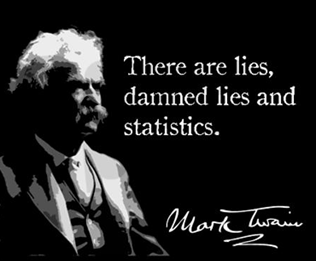Brief background: the notorious Ebbeling study of 2012 showed an apparent metabolic advantage of a ketogenic diet. After losing some weight, participants were assigned to low fat (LF), low GI, or ketogenic diets. As expected, energy expenditure (EE) declined in all groups after weight loss.
However, EE declined the least in keto dieters who were burning about 300 more kcals per day than LF. Ergo, Metabolic Advantage™.
Wrench in the gears: body composition was unaffected O_o
If keto dieters were burning 300 more kcals per day, then surely they should have lost more fat mass. After all, 300 kcals x 4 weeks = 8400 kcals… that should leave a mark
Kevin Hall wrote a detailed and thoughtful critique of their methodology and results, which can be summarized as: “bollixed techniques and cheating participants.” Haha just kidding, I highly recommend reading it.
Tl;dr: there was no 300 kcal difference.
David Ludwig then wrote a detailed and thoughtful response to Hall’s critique. You should probably read this, too.
Part 2. I think there might be a simpler way to explain at least part of the discrepancy (which I wrote about when the study was published in 2012).
The keto dieters were eating much more fat (133 vs. 47 g/d) and less fibre (11 vs. 30 g/d). Thus, main source of fat in this study’s keto diet was more likely butter & bacon than almonds & macadamia nuts.
This. Fat absorption is very efficient in humans and fibre reduces this.
Eg, the Novotny study showed that consumption of 42 grams of almonds daily reduced the digestibility of the rest of the diet by 3%, and of 84 grams by 5% (Novotny et al., 2012). 5% could account for about half of Ebbeling’s apparent Metabolic Advantage™.
And the Traoret study on peanuts vs. peanut oil showed something similar on total fecal calorie excretion (Traoret et al., 2008).
Summary: diet composition has an important, non-insignificant impact on energy balance. So if keto and LF dieters were eating the same number of calories, but keto dieters were absorbing 300 more and also burning 300 more (or LF dieters were absorbing 300 less and also burning 300 less), then the results are exactly what we’d expect: no difference in body composition because both groups were in energy balance…
but if this is true, then keto still ramped up EE by ~300 kcals. Is it still a Metabolic Advantage™ if you’re still technically in energy balance?
Hey CICO, I’m playing by your rules.
For full access to all articles and much more (or if you just like what I do and want to support it), become a Patron! It’s three bucks a month and there are many other options. Sign up soon because there are only a limited number of spots left at the $3 level. It’s ad-free and you can cancel if it sucks ????
Also, I’m open to suggestions, so please don’t hesitate to leave a comment or contact me directly at drlagakos@gmail.com.
Affiliate discounts: if you’re still looking for a pair of hot blue blockers, Carbonshade is offering 15% off with the coupon code LAGAKOS and Spectra479 is offering 15% off HERE. TrueDark is running a pretty big sale HERE. If you have no idea what I’m talking about, read this then this.
20% off some delish stocks and broths from Kettle and Fire HERE.
If you want the benefits of ‘shrooms but don’t like eating them, Real Mushrooms makes great extracts. 10% off with coupon code LAGAKOS.



